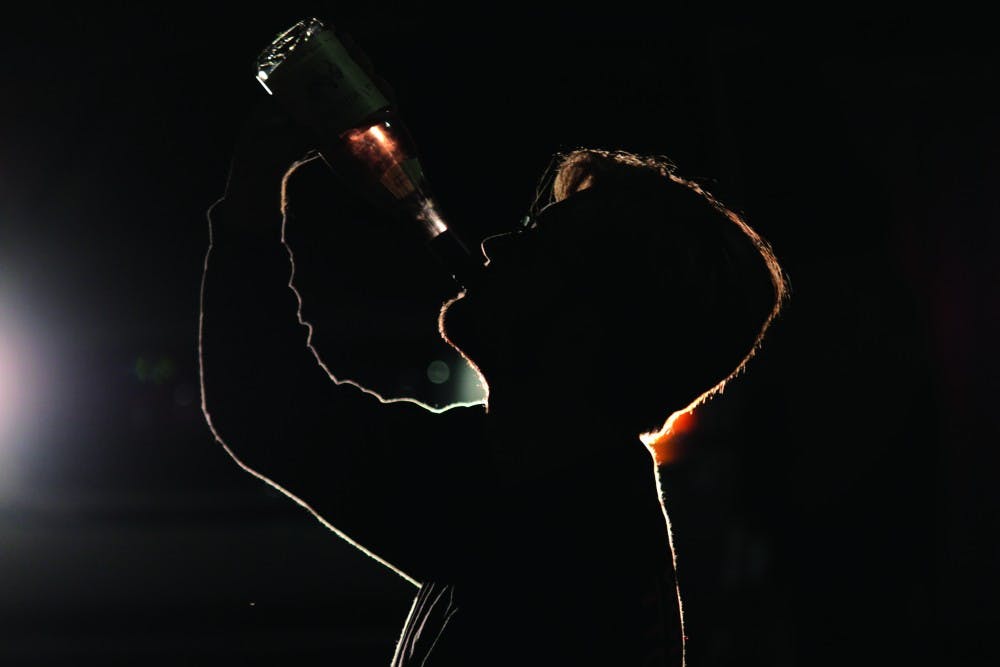A UNC study published Aug. 23 found a link between teenage drinking and high-grade prostate cancer later in life.
The study, which began as a research paper idea, also found a similar association in men with heavy cumulative alcohol intake over the course of their life.
Jamie Michael, former clinical trials assistant at Durham Veterans Administration Medical Center, said she was working with a biopsy research study under Stephen Freedland when she became interested in exploring the possible correlation between teenage drinking and high-grade prostate cancer.
“As I was going through the data, I noticed we were collecting data on alcohol consumption data for men going back to when they were less than 15 (years old), and I just thought that was a really interesting data point,” she said. “I got lucky because a lot of (the challenge) with research is ‘does the data actually say something?’ And it was pretty significant.”
According to the research, published in the journal "Cancer Prevention Research," prostate cancer is the most frequently diagnosed non-skin cancer in men in the U.S. and the second leading cause of male cancer deaths.
Despite being so common, Emma Allott, senior author of the study, said there has been little research done on how early lifestyle and diet factors affect prostate cancer.
“There was a recent report from the World Cancer Research Fund this year that recommended avoiding alcohol for cancer prevention purposes, but the majority of research in alcohol and cancer comes from cancers other than prostate,” Allott said. “Very little is known about role of alcohol with prostate cancer, so I believed we needed more research to specifically study prostate cancer.”
The study, led by Allott and other collaborators, analyzed the lifestyle questionnaires collected from 650 men in Freedland’s prostate biopsy group over the last 10 years. They found men who reported drinking a heavier alcohol intake, categorized in the study as at least seven drinks per week, during their teenage years, were three times as likely to be diagnosed with high-grade prostate cancer.
“It’s definitely too soon to make any recommendations to college-aged students based on this study,” Allot said. “From this preliminary evidence, it does seem like it’s possible that there might be value to studying early lifestyle factors to prostate cancer, but again, the research is at an early point - it’s too early to make recommendations to individuals.”




